Coronavirus: Commuters could be asked to check temperatures as Britain looks to ease lockdown measures
People who take public transport to work may be asked to check their temperatures daily under one post-lockdown proposal being considered in the UK.
Britons could head back to work this month, with commuters asked to take their temperatures before leaving home, as the UK government mulls how to ease its strict lockdown.
UK Prime Minister Boris Johnson has promised to unveil a “comprehensive” exit plan on Thursday after this week declaring Britain was finally “past the peak” of its coronavirus outbreak.
“We’re past the peak and we’re on the downward slope, and we have so many reasons to be hopeful for the long term,” he said at a press conference on Thursday.
"I will be setting out a comprehensive plan next week to explain how we can get our economy moving, our children back to school and into childcare, and thirdly how we can travel to work and make life in the workplace safer,” he added.
"In short, how we can continue to suppress the disease and at the same time restart the economy."
RELATED: UK ‘past the peak’ of outbreak
READ MORE: Follow the latest virus news
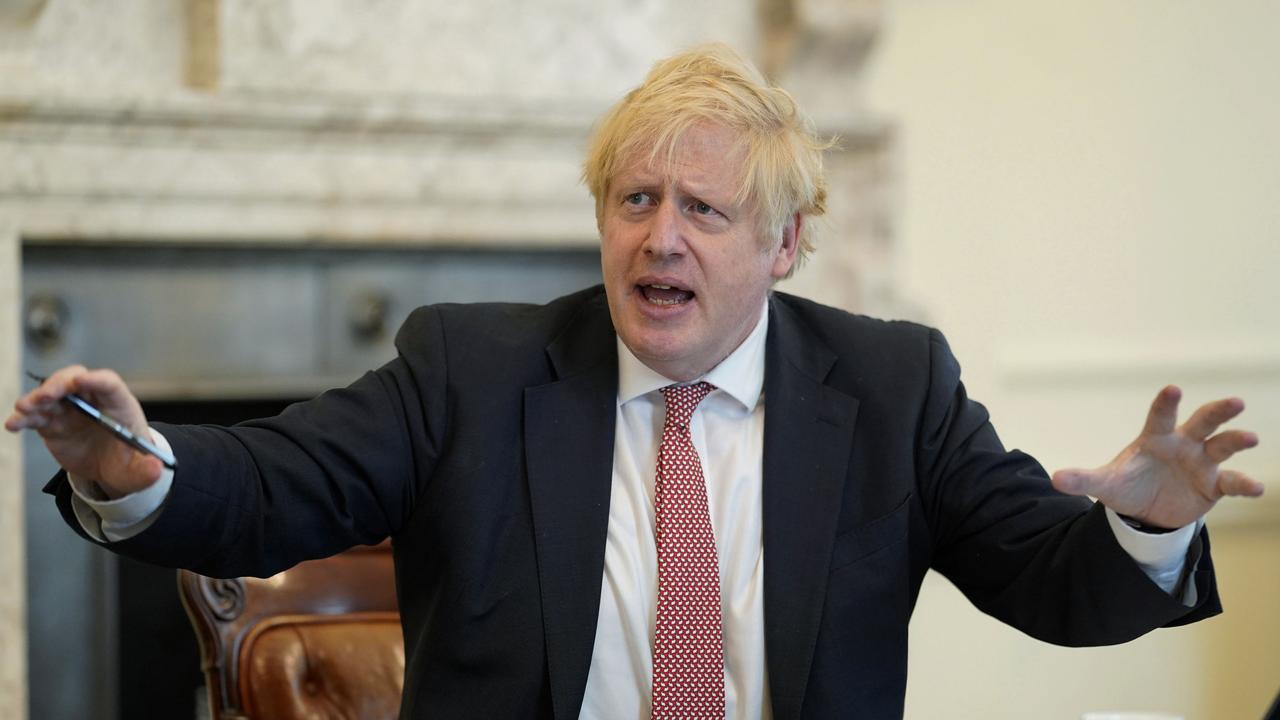
The PM reportedly wants people to return to work from Tuesday, May 26.
It means factories and offices will have just two-and-a-half weeks to install new social distancing measures, such as perspex screens between desks, to keep workers safe.
People who take public transport to work could also be asked to check their temperature before leaving home under one proposal being considered by the government, according to The Times. Those who have a higher than normal temperature would then be expected to stay at home.
Hand sanitiser may be distributed at bus stations and people may also be advised to wear face masks in crowded areas, it said.
“There is a risk that public transport will be overwhelmed if the government doesn’t provide clear guidance on how a balance can be struck between the need for people to return to work and the capacity available due to social distancing,” one industry source told the newspaper.
“There’s clearly a trade-off between social distancing and facial covering and that has to be considered.”
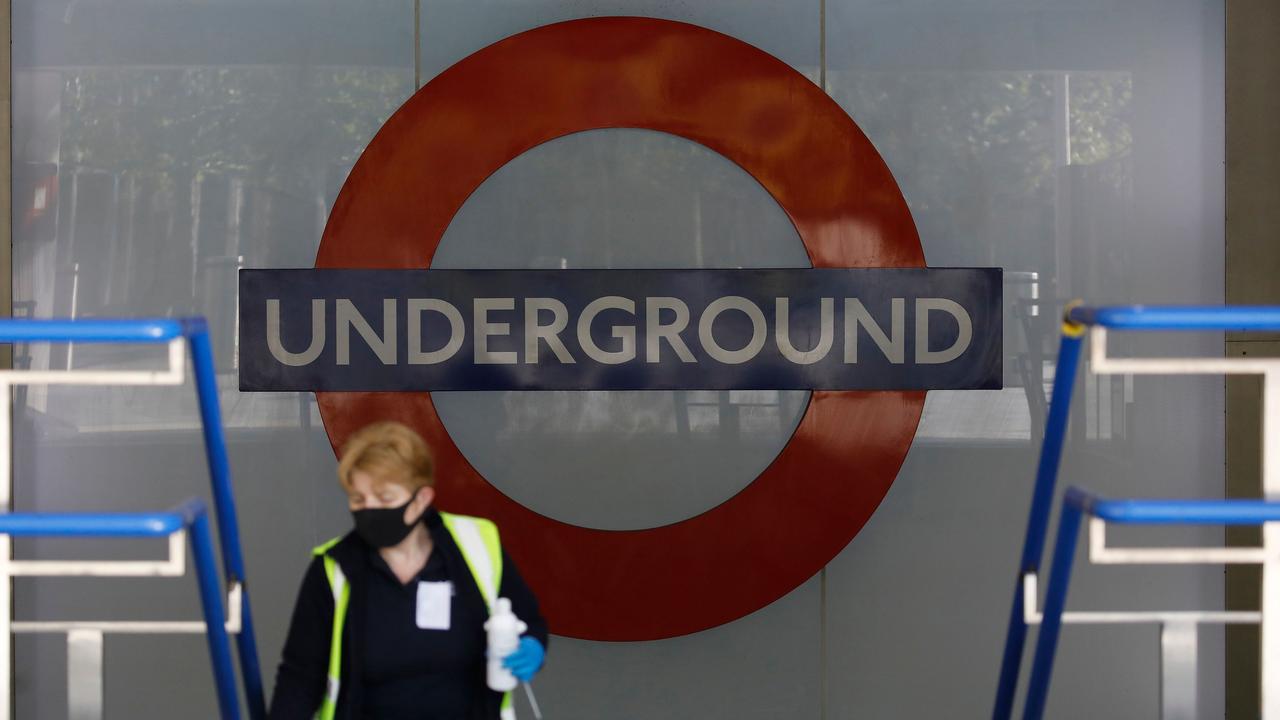
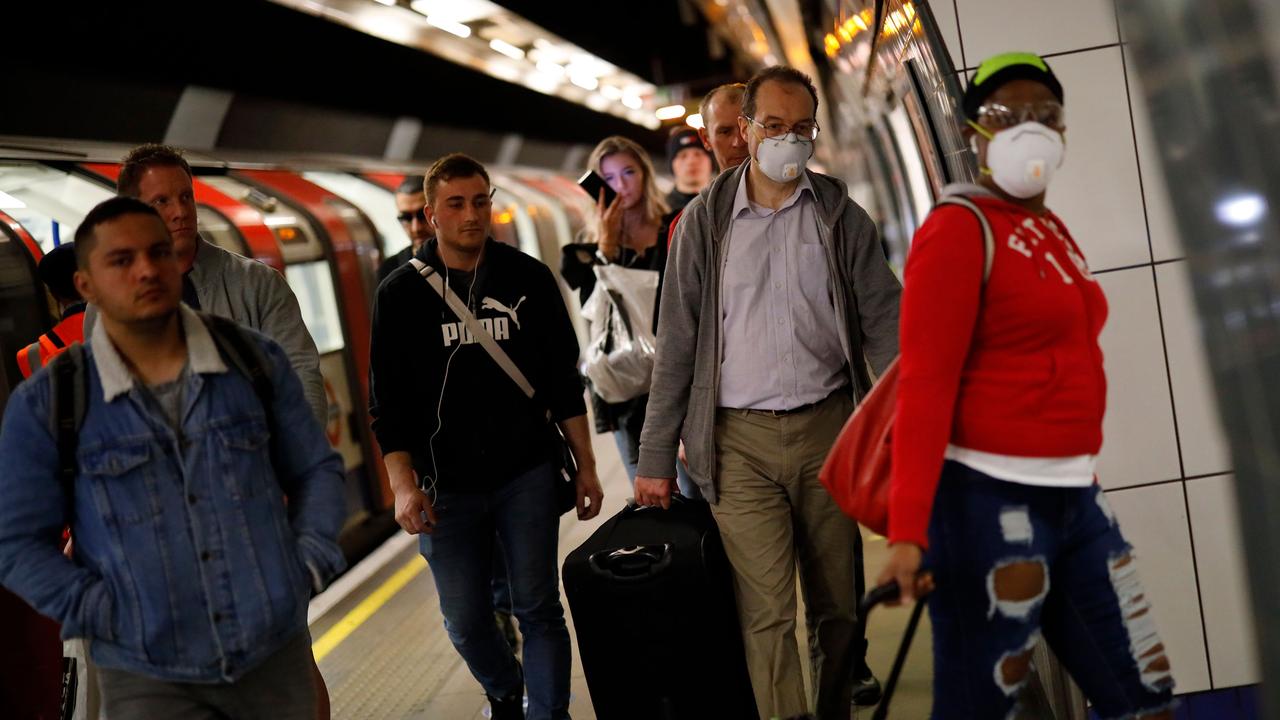
Public transport has been reduced to a minimum across the UK, with only essential workers advised to travel.
A number of London’s tube stations were shut down in March, after people continued to pile into crowded carriages during the first few days of lockdown.
“We still need more Londoners to do the right thing and stay at home,” the city’s mayor, Sadiq Khan, had warned at the time.
The normally heaving underground network will likely be a key concern when lockdown measures are eventually lifted.
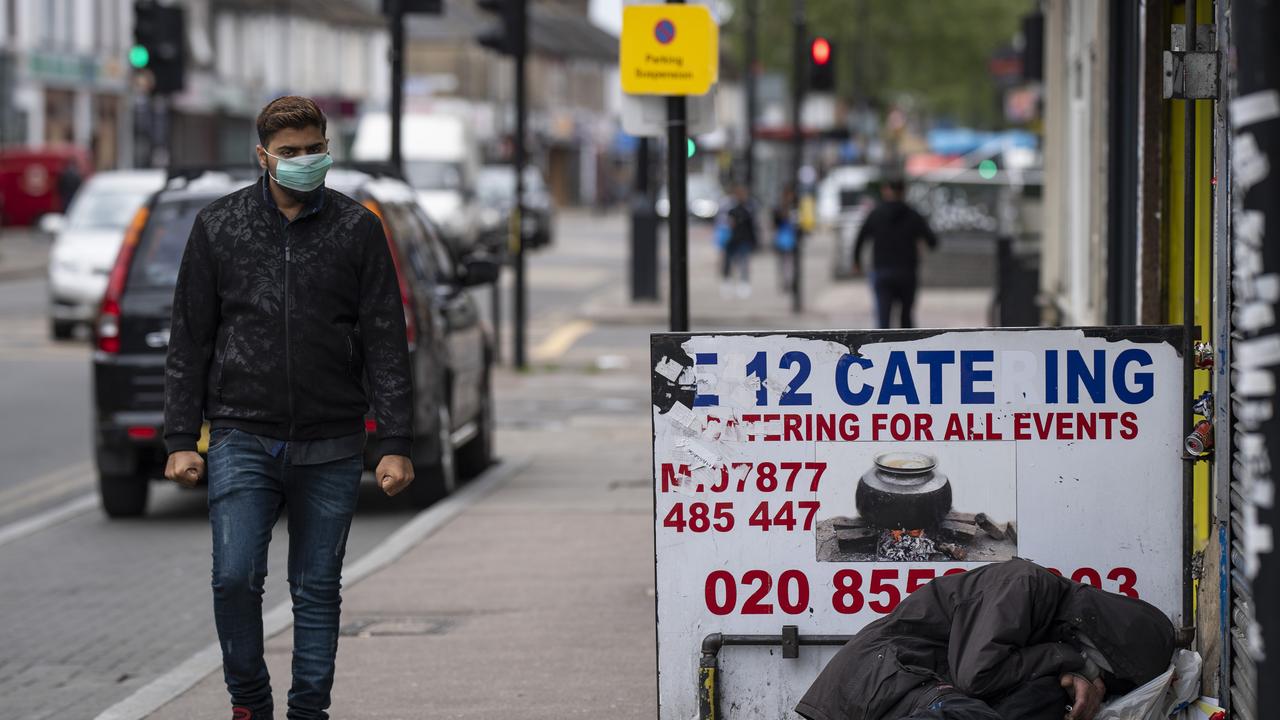
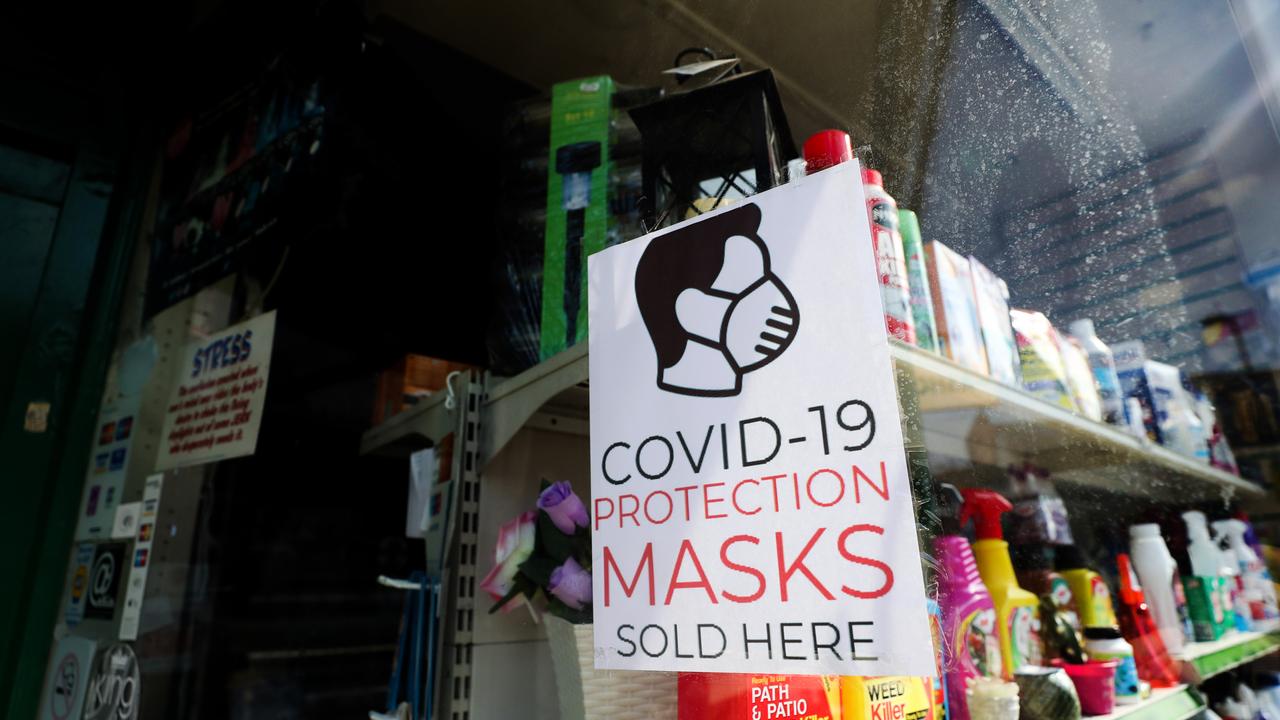
SECOND HIGHEST TOLL IN EUROPE
More than 178,000 cases of coronavirus have now been confirmed across the UK and more than 27,000 people have died – the second-highest official COVID-19 death toll in Europe.
Britain has been on lockdown since March 23, but a survey conducted by Ipsos Mori on Friday showed many people would be uncomfortable leaving their homes even if the government lifted restrictions.
More than 60 per cent said they would be uncomfortable returning to bars and restaurants, using public transport or going to a large gathering such as a sporting event.
More than 40 per cent said they would also be reluctant to go to the shops or send their children to school, while more than 30 per cent would be worried about going to work or meeting friends.
The survey data found the vast majority of Britons were complying with the lockdown not because they had been ordered to by the government but because they did not want to catch or spread the virus.
“This is very worrying indeed, and our research has shown the same, that people in the UK are particularly anxious about this and are reluctant to go out,” David Spiegelhalter, a statistician at Cambridge University, told BBC Radio.
In another Ipsos Mori poll, about two-thirds of British people believe the government was too slow to introduce strict social distancing measures to curb the spread of the coronavirus.
– With wires



